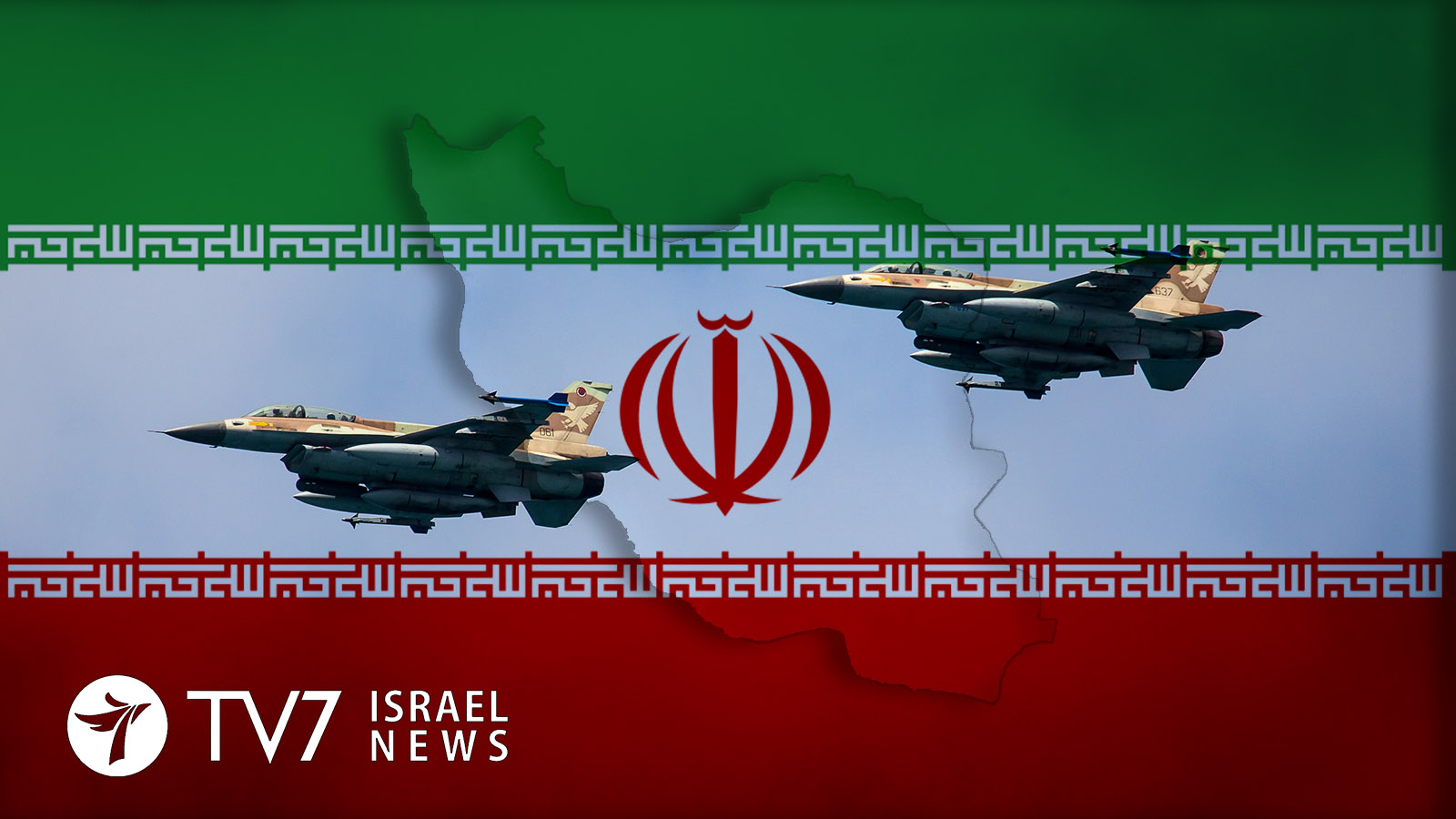IDF Chief of Staff Lieutenant General Aviv Kochavi is warning the United States against rejoining the Joint Comprehensive Plan of Action deal with Iran.
“Returning to the 2015 nuclear agreement, or even some similar agreement with a number of improvements, is bad and wrong,” he said during the 14th annual international conference of the Institute for National Security Studies. “It is bad from an operational perspective, and from a strategic point of reference. It is operationally bad because it would once again permit at its end, or even before, to enrich significant amounts (of uranium), to develop centrifuges, to even develop military capabilities, to the point in which – from the moment of decision – to storm toward a nuclear bomb,” he said.
“The strategic angle is serious because it will create an intolerable threat to Israel and will probably drag regional actors into a nuclear arms race in the Middle East,” cautioned Kochavi, underscoring, “Therefore, any agreement that is similar to the current deal or an improved one, is bad, wrong that should not be permitted.”
After stressing it is critical to maintain international pressure, the Israeli military commander revealed that he has “instructed the IDF to prepare a number of operational plans, in addition to the plans that already exist” to prevent the Islamic Republic from developing nuclear arms capability. “We are studying these plans and will develop them further this year,” he said, adding that even though the decision “to activate” them would be undertaken by the nation’s political leaders, it is essential that “these plans must be on the table, available and rehearsed.”
Iranian Presidential Aide Mahmoud Vaezi reacted to the IDF Chief’s remarks by saying that, “Israel’s threats are part of a worthless psychological war, but we will not hesitate to defend our country.”
Asserting that “Israel must realize that Trump’s era is over and the American decision is no longer in its hand,” Vaezi declared that the Jewish State was “bothered” by the “independence” of the Biden administration; and ridiculed Israeli and Saudi concerns over a possible US return to the JCPOA.
In additional statements, Gen. Kochavi provided a strategic overview of Israel’s national security interests and concerns for 2021.
“The IDF operates in at least six sectors and six separate dimensions,” said Gen. Kochavi, which he said include Syria, Lebanon, Gaza Strip, (Israel’s) Central Command, Judea and Samaria, Iran and more… on air, sea, land, consciousness, spectrum and cyber;” specifying that Israel “significantly intensified” offensive cyber activity over the past year.
He then detailed the impact involvement by global powers and terror groups in at least five separate regional conflicts impact Israeli national security interests. Selecting Iraq as a prime example, Gen. Kochavi said “the chaos which takes place in Iraq ultimately impacts us” due its inability “to control its own territory and to hold itself together as a sovereign nation” which enables Iran to not only install its own militias in the Arab Republic, but to also attempt to transfer arms across the territory to its proxies in Syria and Lebanon.
Israel’s current security situation has also been bolstered by its rising deterrence capabilities, which the top Israeli military officer stressed has been effective in preventing attacks by enemy combatants. “All of their activities, almost entirely, are reactionary endeavors to our own operations and not of their own initiative,” Kochavi stressed, underscoring the nation’s success in driving adversaries to abandon plans of war or even major operations.
Turning to relentless efforts to form a ‘southern front’ to counter ‘northern threats,’ the IDF Chief of Staff said there has been the emergence of an “unprecedented” and “robust regional alliance” between Israel, Greece, Cyprus, Egypt, Jordan and the Gulf States against the “Shi’ite Axis” of Iran, Iraq, Syria and Lebanon.
